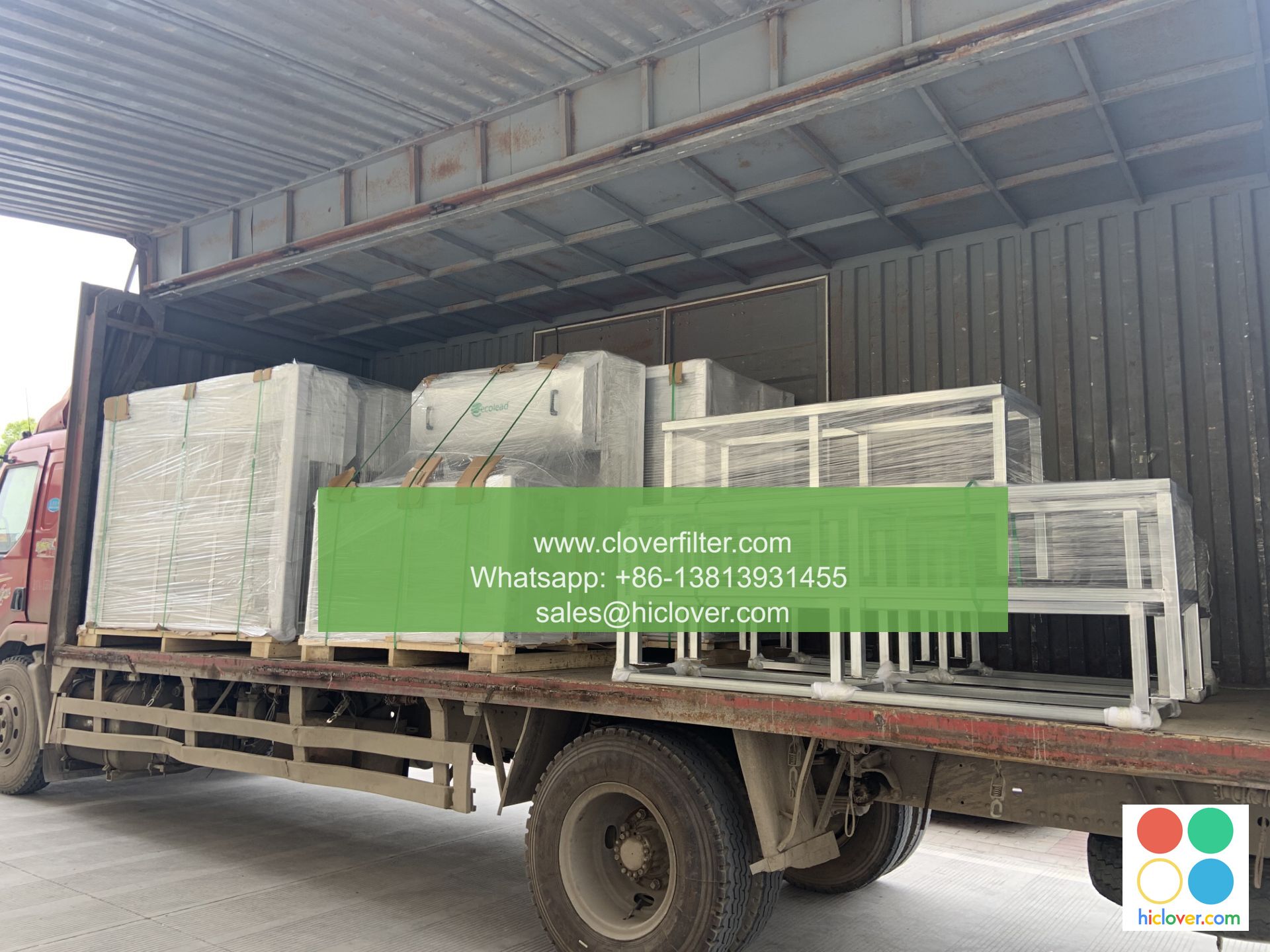The Importance of Energy-Efficient Air Filters for Restaurants

The Importance of Energy-Efficient Air Filters for Restaurants
Why Energy Efficiency Matters in Restaurants
As a restaurant owner, you’re constantly looking for ways to save money while maintaining a comfortable and healthy environment for your customers and staff. One often overlooked aspect of energy efficiency in restaurants is the use of air filters. Energy-efficient air filters can make a significant impact on the overall energy consumption and operating costs of your establishment. In this article, we’ll explore the importance of energy-efficient air filters for restaurants and highlight various application areas.
Reduced Energy Consumption
Traditional air filters require more energy to operate, which can increase your energy bills and carbon footprint. On the other hand, energy-efficient air filters use advanced technology to capture pollutants and maintain a comfortable indoor air quality at a lower energy cost. By switching to energy-efficient air filters, you can reduce the electrical load on your HVAC system, decreasing your energy consumption and expenses.
Improved Indoor Air Quality
Restaurants are prone to high foot traffic, which can generate a significant amount of dust, dirt, and other airborne pollutants. Energy-efficient air filters help capture these pollutants, ensuring a healthier and more comfortable indoor environment for your customers and staff. By reducing the amount of pollutants in the air, you can:
- Reduce odors and smells: minimizing the presence of unpleasant odors and smells that can negatively impact the dining experience
- Prevent health issues: reducing the risk of airborne illness transmission by removing bacteria, viruses, and other microorganisms from the air
- Improve air circulation: allowing for better air circulation and reducing the accumulation of pollutants and particulates
Longer Filter Life and Reduced Maintenance
Energy-efficient air filters are designed to last longer and require less maintenance compared to traditional filters. With a longer filter life, you’ll need to replace filters less frequently, reducing waste and saving you money on replacement costs. Additionally, energy-efficient air filters are designed to be easy to clean and maintain, making them a valuable investment for your restaurant.
Case Study: Benefits of Energy-Efficient Air Filters in a Restaurant Setting
A study conducted by the US Department of Energy found that a restaurant in California, which installed energy-efficient air filters, was able to:
- Reduce energy consumption by 20%
- Decrease environmental impact by 15%
- Save $12,000 annually on energy costs
Key Application Areas for Energy-Efficient Air Filters in Restaurants
- Kitchens: Energy-efficient air filters are essential in commercial kitchens to capture grease, smoke, and other pollutants generated by cooking equipment.
- Dining areas: Energy-efficient air filters can help reduce odors and smells, ensuring a more comfortable dining experience for customers.
- Office areas: Cleaning and maintenance staff, as well as management offices, can benefit from improved indoor air quality and reduced energy consumption.
- Storage areas: Energy-efficient air filters can help reduce moisture and humidity in storage areas, reducing the risk of mold and mildew growth.
Conclusion
Incorporating energy-efficient air filters into your restaurant can have a significant impact on your energy consumption, indoor air quality, and overall operational costs. By investing in advanced air filters, you can enjoy a healthier and more comfortable environment for your customers and staff, while reducing your carbon footprint and saving valuable resources. Take the first step towards a more sustainable and efficient restaurant operation by considering energy-efficient air filters.
I’m happy to help! What would you like to talk about or ask? Do you have a specific topic in mind, or would you like me to suggest some prompts?


